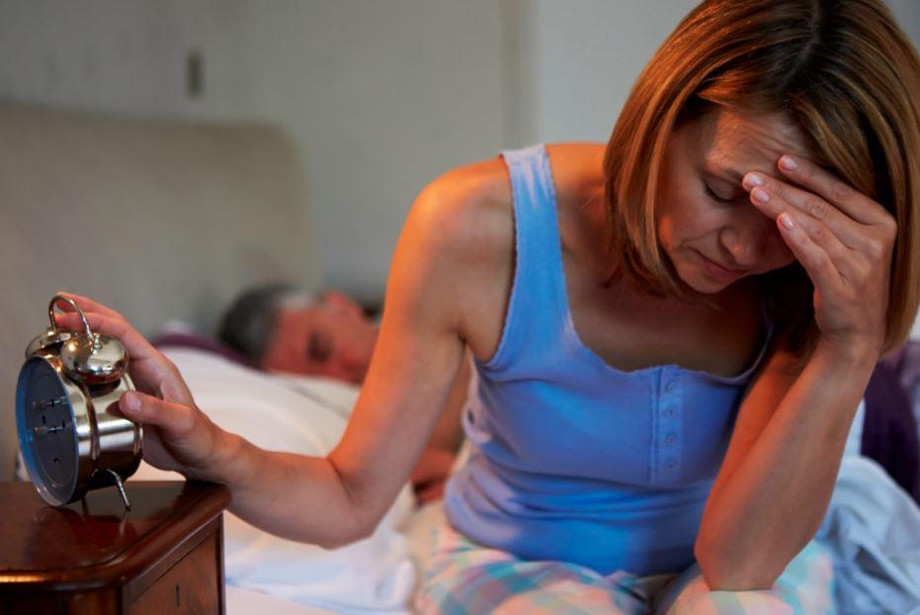Definition of insomnia
Insomnia a sleeping disorder in which an individual is unable to sleep, fall asleep, or stay asleep for the required period. This is not a major sleeping disorder but it can become dangerous for your health if it turns out to be chronic. Although, sleep deprivation is not even for a shorter period because it causes another chronic disease like Diabetes, hypertension etc.
People having insomnia often don't feel Sedentary after waking up and they often lead to chronic Insomnia symptoms.
The APA considers sleep insomnia as a sleeping disorder that causes chronic sleeplessness. You must seek a doctor if you are facing any of these difficulties while hitting bed:
Sleeping issues occurring for at least 3 days a week every month is a serious problem.
Sleeping problems can cause a major impact on an individual's life. As he/she may miss major life events in irritation.
Insomnia causes
The cause of the disease will be dependent upon the kind of sleeplessness you have:
Short term insomnia can be caused easily by the following factors or events:
- A traumatic life event
- Changes in daily schedule and sleeping place like sleeping in a hotel
- Body pain
- Jet lag
- Sedatives
Acute insomnia can become your body's guest for a good 3-4 months which can be labeled as primary or secondary. However, there are symptoms seen in primary insomnia and secondary insomnia includes the following symptoms-
- Medical conditions can also make you fall asleep harder such as arthritis, Alzheimer's, etc
- Emotional factors such as depression, severe anxiety, etc
- Substance abuse
- Obstructive sleep apnea
- Diabetes type-2
- Risk factors of Insomnia
Insomnia can annoy you at any age from childhood to adulthood in respective of gender.
According to an estimation of the National Heart and lung treatment Institute, people with the following risk factors are more likely to develop insomnia, these factors are mentioned below:
- The high amount of stress
- Mental disorders like depression and emotional distress can cause insomnia
- The stress of lower-income
- Jet leg or traveling in different areas
- Sedatives and medications
- Changes in working schedules of day and night shifts
- Having some prior medical conditions like cardiovascular disease, diabetes, etc can also escort insomnia. Also, menopause can cause insomnia
Insomnia symptoms
People with mild or moderate sleep apnea Experience the following symptoms:
- Waking up early than required in the morning.
- No feeling of refreshment after waking up.
- Not able to sleep or stay asleep for required hours.
Mentioned below are some of the symptoms leading to some other symptoms:
- Exertion and fatigue
- Frequent Mood Swings.
- Constant irritation caused by sleeplessness.
- You may figure out in time that your concentrating power is depleting.
Treatment of Insomnia
Insomnia can be treated with both pharmaceutical and non-pharmaceutical methods.
Your consultant might be discussed with your appropriate treatment methods. You may undergo different treatments before concluding the most effective one.
- Do not consume beverages that contain caffeine.
- Avoid any workout lined up around sleeping time.
Reduce the time you're spending in bed especially when you're not in a mood to sleep and spending time net surfing or binge-watching.

